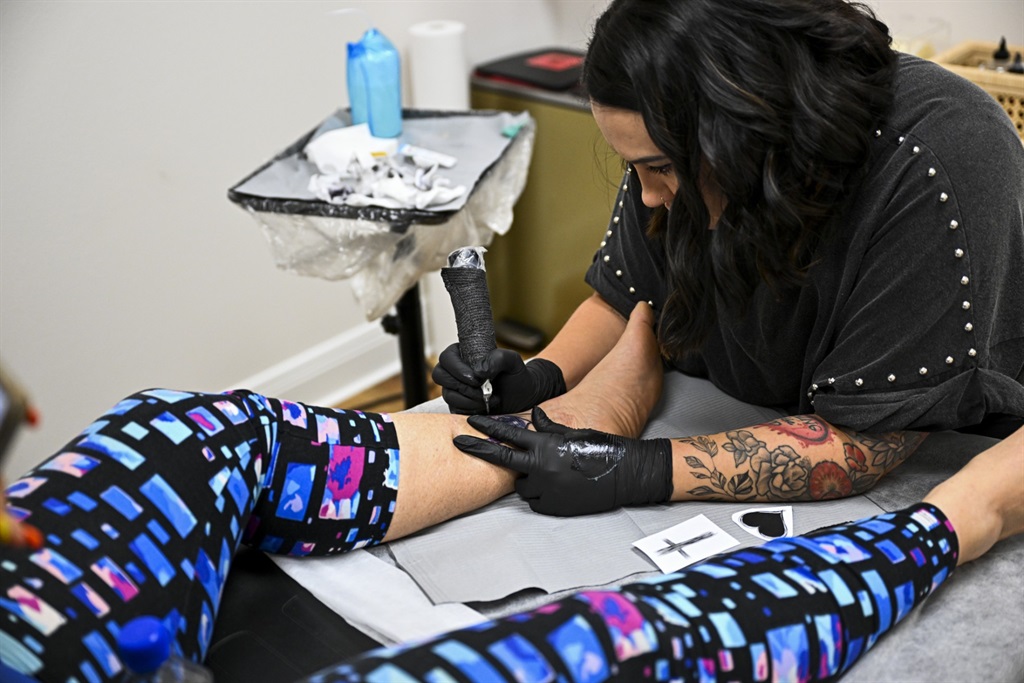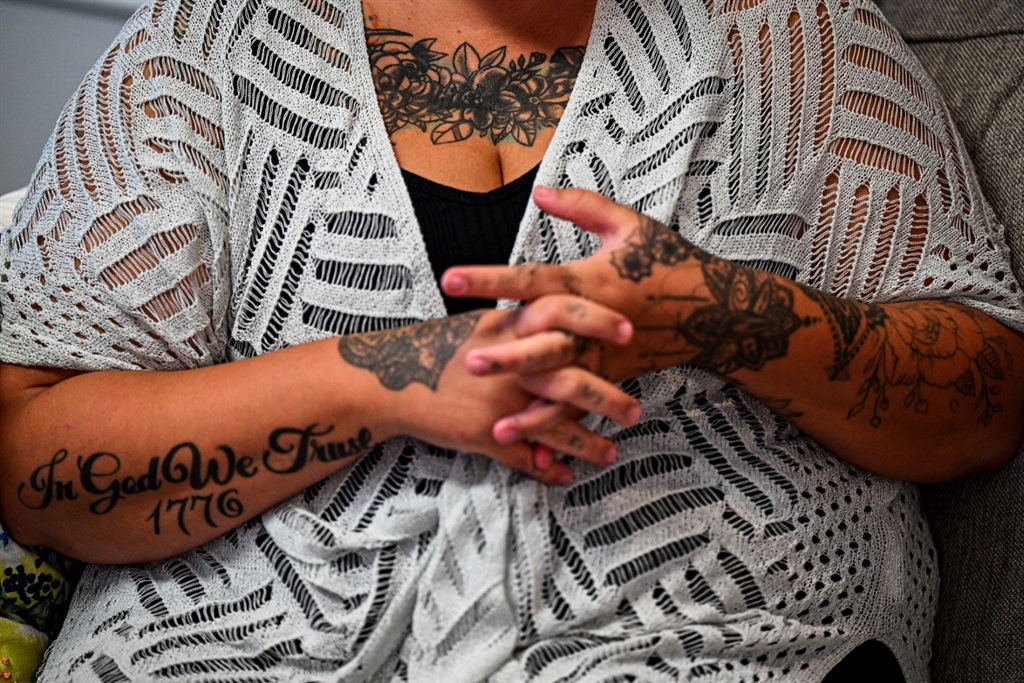In a powerful initiative, a tattoo parlour run by three compassionate women is contributing to a program aimed at assisting survivors of sex trafficking. Beyond conventional support services, this tattoo-removal program symbolizes the journey of these resilient women towards reclaiming control over their bodies and lives. This article delves into the impactful collaboration between survivors and tattoo artists, shedding light on the healing potential of this transformative art.
The Journey of Transformation: Since 2011, over 6,000 women have participated in a comprehensive two-year program designed to provide survivors of sex trafficking with psychological therapy, essential resources such as food and clothing, secure housing, and job training. Among the myriad services offered, tattoo cover-ups stand out as a poignant way to erase symbols of past trauma and reclaim personal narratives.
The Symbolism Behind Tattoos: Tattoos often carry profound meanings, but for survivors like Emily (name changed for privacy), they can represent nightmares and branding imposed by traffickers. In Emily’s case, a forced “7” on her left leg served as a constant reminder of her 17 years as a victim. The tattoo removal initiative is not just about erasing ink; it’s about rewriting stories and transforming painful reminders into symbols of resilience and personal choice.
Dehumanization Through Tattoos: Stacey Efaw, director of the nonprofit Selah Freedom, acknowledges the use of tattoos as tools of dehumanization by traffickers. Emily’s “7” was a traumatic initiation into the dark world of forced sex work. The intention was clear: to mark the women under the trafficker’s control, perpetuating their dehumanization. However, through the tattoo removal program, these survivors have an opportunity to reclaim ownership of their bodies and rewrite their narratives.

Personal Stories of Survival: Emily’s traumatic journey began with a longing for love from a childhood devoid of affection. Deceived by an ex-boyfriend who turned out to be a pimp, she experienced beatings, exploitation, and a descent into a life she calls “the life” – a term survivors use to describe sex trafficking. Despite escaping before being forced into prostitution, the tattoo on her leg seemed to seal her fate, leading to further abusive relationships and a battle with drug addiction.
The Global Scale of Exploitation: Sexual exploitation remains a pervasive global issue, with 6.3 million people falling victim in 2021, according to the International Labor Organization. In the United States alone, 7,500 calls reporting cases of abuse were received in the same year. Selah Freedom has been a beacon of hope for survivors since 2011, offering tangible support and a platform for transformation through initiatives like tattoo cover-ups.
Overcoming Stigma and Accepting Help: Entering a program like Selah Freedom can be gradual for survivors. Breanna Cole’s journey began in 2016, a year before she joined the program. After enduring a difficult childhood and falling victim to sexual exploitation at a young age, Cole struggled with drug addiction and homelessness. It took therapeutic intervention for her to recognize herself as a victim and embrace the possibility of being “saved.”
A Journey to Healing and Empowerment: Emily, like many survivors, needed time to adjust to a life without exploitation and abuse. Adapting to unconditional love without ulterior motives was a challenge. However, her journey towards healing led her to marriage, motherhood, and reconciliation with her family. The tattoo transformation marked a symbolic shift from feeling dead to embracing a newfound sense of life and agency.

The Role of Tattoo Artists in Empowerment: Charity Pinegar, the tattoo artist behind many of these transformative cover-ups, became aware of the use of tattoos by traffickers through her work with Selah Freedom. Now an advocate for the cause, Pinegar uses her artistic skills to contribute to the nonprofit’s mission. Each stroke of her pen becomes a symbol of defiance against human trafficking, offering survivors a tangible means of reclaiming their bodies.
Conclusion: The collaboration between survivors and tattoo artists, facilitated by programs like Selah Freedom, transcends the physical act of covering up tattoos. It becomes a poignant symbol of resilience, empowerment, and the rewriting of narratives. Through their transformative journey, these survivors redefine the purpose of their bodies and emerge as living testaments to the strength of the human spirit.
